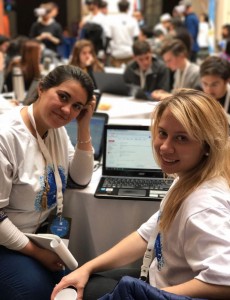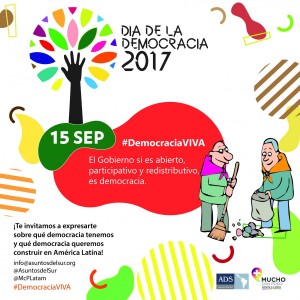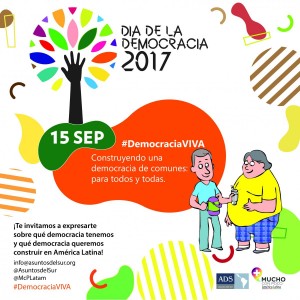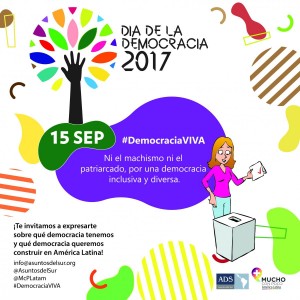“Below, we offer a google translate version of the original article in Spanish. This translation may not be accurate but serves as a general presentation of the article. For more accurate information, please switch to the Spanish version of the website. In addition, feel free to directly contact in English the person mentioned at the bottom of this article with regards to this topic”
When a country ratifies an international human rights treaty, it undertakes to comply with the obligations set out therein. Many of these treaties establish mechanisms for accountability on the level of compliance with these obligations to be open to the participation of civil society. In this case, the obligations of Argentina under the International Covenant on Economic, Social and Cultural Rights (ICESCR) are reviewed before the CESCR. In collaboration with other civil society organizations in Argentina, we have approached critical observations, recommendations and questions through two reports: one more general about various aspects related to obligations in ESCR and another focused on the protection of the health of chronic noncommunicable diseases .
Structural report developed jointly with ACIJ
Together with the Civil Association for Equality and Justice (ACIJ), we produced a report during the month of August with comments on Argentina’s compliance with the rights enshrined in the ICESCR. This report is based on the report that Argentina presented to the Committee in late 2016 to report on the progress it has made in terms of these rights, so it is called “shadow report”.
In this instance, the CDESC opens the opportunity for civil society organizations to comment on the topics covered in the official reports and to suggest questions for members of the Committee to delve into sessions with representatives of the State. To these ends, from FUNDEPS and ACIJ we have presented data alternative to those provided by the government, in some points such as: production and quality of data on ESCR; access to justice in ESCR; education rights; right to inclusive education; right to health; right to gender equality; rights of environmental defenders; among other.
Report on the protection of the health of chronic noncommunicable diseases
Together with FIC Argentina, the O’Neill Institute and the Chair of Food Sovereignty of the School of Nutrition of the University of Buenos Aires, we present a report in which we warn about the situation of chronic diseases in Argentina; at the same time as we suggest to the State the adoption of some measures to reduce the consumption of tobacco products and unhealthy foods.
Measures such as limiting advertising aimed at children, adoption of simpler and more understandable nutrition labeling, tax increases, ratification by the Argentine State of the Framework Convention on Tobacco Control and adoption of measures particularly vulnerable groups.
The information presented and the questions asked to the State are that next year the final evaluation will be done, after giving Argentina a right of reply and civil society organizations to submit shadow reports again. The concluding observations that the Committee issues are tools to require the Argentine State to comply with human rights standards on ESCR.
More information
– Shadow report of FUNDEPS and ACIJ
– Official reports and other shadow reports
Contact
Carolina Tamagnini – carotamagnini@fundeps.org





